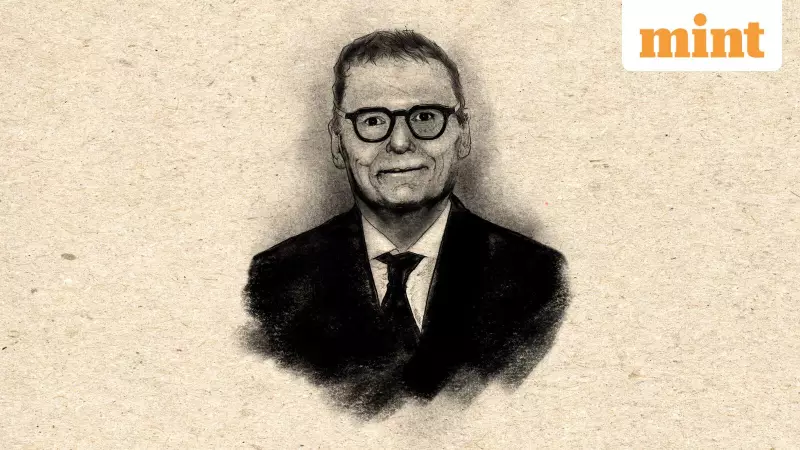
In a startling revelation that should concern every global citizen, Nobel Prize-winning economist James Robinson has issued a dire warning about the perfect storm brewing on the horizon. The combination of Donald Trump's potential political comeback and the uncontrolled acceleration of artificial intelligence could plunge the world into unprecedented levels of inequality and instability.
The Double Threat to Global Stability
Professor Robinson, renowned for his groundbreaking work Why Nations Fail, identifies two parallel dangers that could reshape our world order. The political uncertainty surrounding Trump's possible return to power coincides precisely with AI's rapid transformation of economies worldwide. This convergence, he argues, creates a recipe for disaster that demands immediate attention.
AI: The Inequality Accelerator
Artificial intelligence isn't just changing how we work—it's fundamentally reshaping wealth distribution. Robinson emphasizes that AI development is progressing at breakneck speed without adequate regulatory frameworks to ensure equitable benefits. The technology threatens to concentrate power and wealth in fewer hands while displacing millions of workers across industries.
"We're witnessing technological advancement that could benefit humanity enormously," Robinson notes, "but without proper governance, it risks creating divides we may never bridge."
The Political Wild Card
The economist expresses particular concern about how political instability could exacerbate technological disruption. Trump's potential re-election introduces unpredictable variables into an already fragile global economic system. Robinson suggests that certain political environments might prioritize short-term gains over long-term stability, potentially ignoring the social consequences of rapid technological change.
Historical Parallels and Future Risks
Drawing from his extensive research on why nations succeed or fail, Robinson identifies disturbing patterns. Societies that fail to adapt to technological revolutions while maintaining political stability often face prolonged periods of conflict and decline. The current moment, he warns, presents similar crossroads.
The solution lies not in resisting technological progress, but in creating robust institutions that can manage change equitably. This requires international cooperation, thoughtful regulation, and policies that ensure AI benefits are widely shared rather than concentrated among technological elites.
Call to Action for Global Leaders
Robinson's message serves as a wake-up call for policymakers, business leaders, and citizens worldwide. The time to address these challenges is now, before political and technological forces combine to create irreversible damage to global equality and democratic institutions.
As we stand at this critical juncture, the choices made in the coming months could determine whether technological advancement lifts all humanity or deepens existing divides to dangerous levels.






